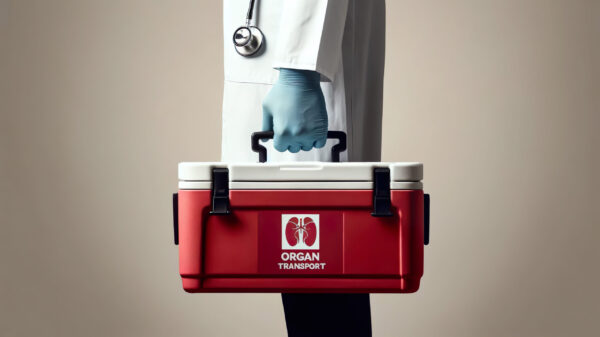The Alabama Joint Reentry Commission reviewed progress on reentry programs and recommendations from the commission’s final report released earlier this year. During its recent quarterly meeting, members discussed efforts to expand access to driver’s licenses, employment and behavioral health services for people leaving prison.
The commission is required to provide an annual progress report by December 1. Four working groups, focused on reentry preparedness, workforce development and employer engagement, behavioral health and housing, and data, are leading much of the implementation work. Each group includes state agencies, local reentry providers and individuals with lived experience.
One of the most immediate issues is access to driver’s licenses and ID cards, which officials said are nearly ready to be issued inside prisons.
Corrections staff will work with the Alabama Law Enforcement Agency to issue either a driver’s license or a non-driver ID card before release. Officials noted some challenges with paperwork and obtaining birth certificates from other states and Social Security documents can slow the process.
“One of the biggest hurdles is that Social Security will only allow us to request 120 days from release,” a representative from the Alabama Department of Corrections said. “We found out North Carolina negotiated for 180 days, and that’s what we’re going to ask for, so everything doesn’t happen the last two weeks before they leave.”
The behavioral health and housing group outlined efforts to expand medication-assisted treatment and link people to housing after release. Members said gaps in housing remain one of the state’s biggest challenges.
“If I don’t have a roof over my head, I can’t get a job, I can’t get a driver’s license, I’m going to commit a crime,” said Alabama Bureau of Pardons and Paroles Director Cam Ward. “Housing is a critical issue, and I think that will need to go through the budget process.”
The workforce development group is focused on expanding opportunities and reducing barriers to employment. Members noted that some incarcerated people complete job training or licensure programs but later learn their criminal record prevents them from working in that field. Ward called it “a huge waste of time” and said the process needs to be clearer on the front end.
The group also added a new question for employers registering for state job fairs, asking if they are willing to hire people with criminal records. Lawmakers on the task force pointed to the removal of some occupational licensing restrictions last session as an important step toward their goals for expanding the job pool.
The task force also heard from the data working group, which is working to establish common definitions for outcomes like recidivism, employment, health and housing. Inconsistent language across agencies makes it difficult to track progress.
Task force members discussed possible needs for the 2026 legislative session, including funding for local reentry councils and housing programs. But some cautioned against pushing a broad package of bills during an election year.
“What you don’t want to do is get tied up in political dialogue in a major election year,” said Ward. “I don’t foresee a major package of bills. What I see is tweaks here and there, and what we can do administratively as well.”
“It doesn’t have to be anything extremely controversial,” said Senator Robert Stewart, D-Selma. “But I know we will be expected to do something.”



















































